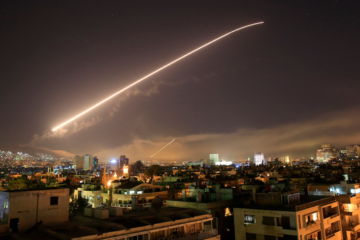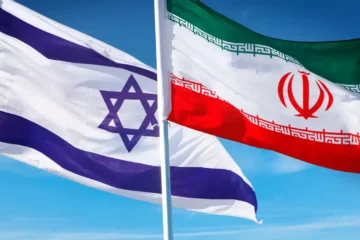Social Protection, the Ehsaas Program and Pakistan’s Security Framework

The first ever national security dialogue of Pakistan, the Islamabad Security Dialogue, while laying out a new strategic framework for the country underscored that human security and economic security were at the core of national security. The Dialogue, while building upon a nuanced idea of national security, drifted away from the traditional notion of Pakistan’s security outlook. Emphasis was laid on commitment towards social protection and a people-centric approach as issues of poverty do not exist in isolation. Poverty not only undermines growth, development and peace of an individual but that of a state in general.
Social protection and restoration of the value of human life ought to be the primary goal of policymaking as poverty, defined as living a life devoid of basic facilities necessary for survival, is against human dignity and nature in every sense of the word. Besides, the importance of instilling the human security paradigm in discussions of growth and development, is indispensable. Social protection as part of social development is key to human security and inevitable for growth and development.
The idea is not something new. Reaffirmed in the Universal Declaration of Human Rights by the United Nations in Article 22 as the right to Social Security, the world community once again in 2015 vowed to end poverty in all its forms as its principal priority. It also served as the first Sustainable Development Goal adopted by the world community under the United Nation’s Agenda 2030. Now, the Government of Pakistan has also embarked upon an ambitious welfare program titled the Ehsaas Program to make the country a welfare state.
Although Pakistan’s overall poverty headcount has decreased over the years, progress on poverty alleviation is far from satisfactory. Around 40% of the population lives in poverty in one form or another, whereas 24% are living below the poverty line i.e. under income of $1.90 a day. Thus, the incumbent government’s Ehsaas Program is a positive step in the right direction.
As defined by Asian Development Bank, social protection is ‘the set of policies and programs designed to reduce poverty and vulnerability by promoting efficient labor markets, diminishing people’s exposure to risks, and enhancing their capacity to protect themselves against hazards and interruption/loss of income.’ Verily, the Ehsaas Program holistically deals with all essential elements of social protection. The Program’s poverty reduction strategy, which initially had 115 policy elements and now compromises of more than 250 policy areas, broadly deals with achieving four core objectives. These policy objectives primarily include ‘addressing elite capture and making the government system work to create equality’; provision of ‘safety nets for disadvantaged segments of the population; creation of jobs and livelihoods; and human capital development.’
Social protection, in a developing country like Pakistan, is vital as the future of development is linked intrinsically to human capital formation. Social protection, despite being enshrined in the Constitution of Pakistan (Chapter 2, Article 38) as a state’s obligation, was being neglected as a state priority since the country’s creation. But the Ehsaas strategy, with the biggest social welfare budget in the country’s history (1% of GDP), finally makes prosperity of all an essential goal of public policy and national planning in Pakistan.
The initiative, despite its ambitiousness, must be lauded and supported for its adoption of whole of society approach with time bound and technology-driven transparent implementation. Its initiatives like unconditional cash transfer program, particularly the Ehsaas emergency cash programs to support the most vulnerable population in face of the COVID-19 pandemic lockdowns, must especially be appreciated. Other Ehsaas initiatives like scholarship programs, asset provision programs, cash transfers for health and nutrition, provision of free meals and interest free loans etc. too are supporting millions of needy people to meet their basic needs. Besides, Ehsaas’ initiatives of imparting technical skills and empowerment of individuals as part of improving livelihoods is the right strategy to achieve lasting results.
It can’t be denied that for a struggling economy and burgeoning population like Pakistan, it is not an easy task to ensure mass social protection of all those in need, but at least Ehsaas is trying to help the most vulnerable evade shocks that might otherwise push them further into destitution. Moreover, as a robust and all-encompassing program, if implemented in its true spirit, it may serve as a dual driver of economic growth and development by addressing the structural flaws in Pakistan’s growth and development model.
Stay tuned to Baaghi TV for more. Download our app for the latest news, updates & interesting content!










